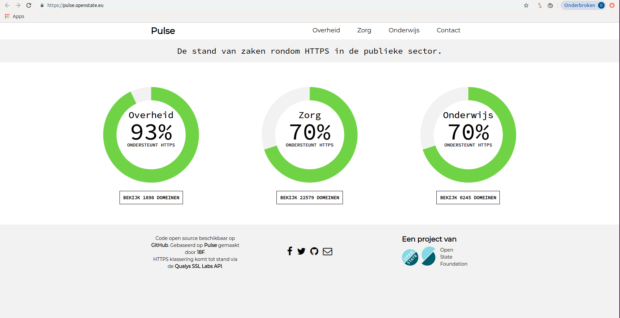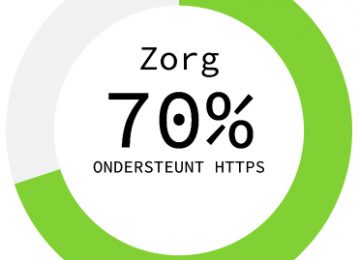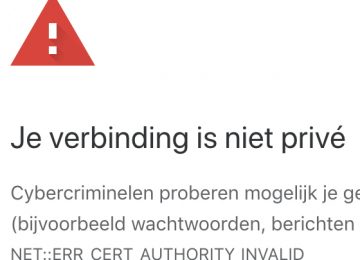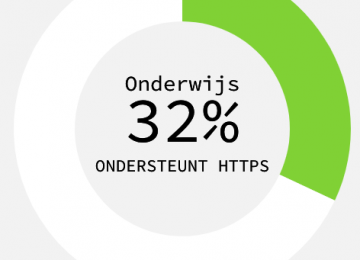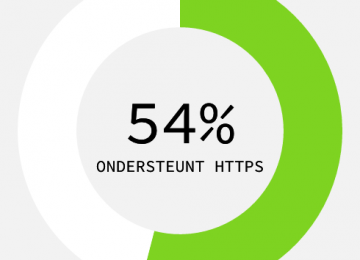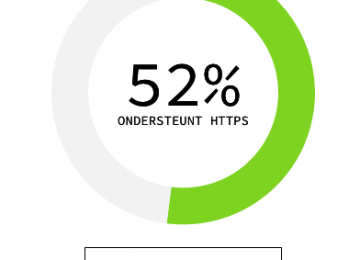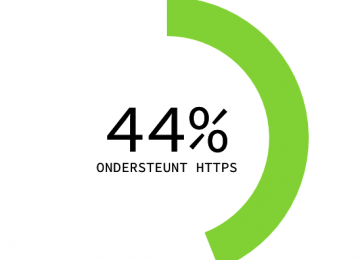Pulse shows whether government websites support the HTTPS protocol (https://) and how strong the implementation is of HTTPS. Hyper Text Transfer Protocol Secure (HTTPS) is the secure version of HTTP, the protocol over which data is sent between your browser and the website that you are connected to. It means all communications between your browser and the website are encrypted.
Pulse analyses the support, the enforcing and the quality of HTTPS of public accessible Dutch government domains. Until now government policy is that HTTPS is recommended for Dutch government websites, the underlying protocol TLS is however required.
Pulse analyses the behaviour of four ‘endpoints’ of each domain: http://, http://www, https://, en https://www. Data of these endpoints are used to determine the total behaviour of the domain. For the analysis use is being made of open source tools and the SSL Labs API.
A first scan showed that many Dutch government websites still use no secure HTTPS connection. Of the 1,816 investigated domains less than half ensures that the site traffic is encrypted. Of all registered Dutch government websites, including websites of the central government, municipalities, provinces and common arrangements, only 44% use an HTTPS connection.

